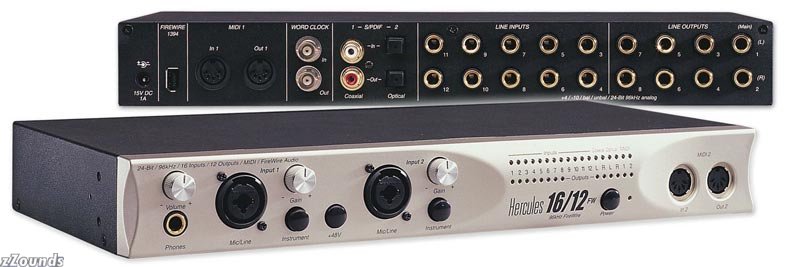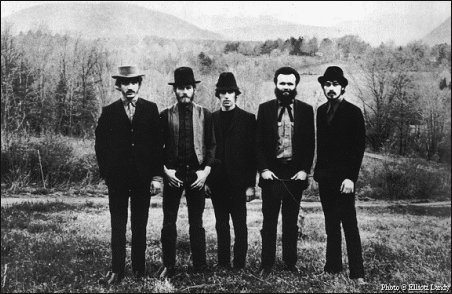eeldip wrote:joel hamilton wrote:??????? wrote:
Of course the only way to know for yourself what is important to you is to gain some experience.

Thats the take away here, for sure.
on the other hand, people buy all sorts of stuff to "improve" their sound, and then they "hear" the improvement. "its night and day!"
but hearing is subjective (lots of engineers PREFERED the sound of behringer in that blind-ish test-ish on gearslutz), and its very possible that you have wasted your money.
so trust your ears, but verify with your left brain.
All very true,
but experience would inform the decision because its not just about the one "this vs that" type of thing where a mackie totally works just as well as a Neve.
Its about longevity, value holding, ability to work under many circumstances and for many years....
its like this:
one time I found a piece of crap acoustic guitar at a salvation army that sounded AMAZING through a microphone below the 7th fret. if you had to play anything above that, it was garbage. it felt like shit, and it sounded horrible with intonation issues and all manner of obvious "cheap guitar" symptoms. Below the 7th fret, that thing was amazing for blocking out a rock song as a support track or even up front with a singer. That is like a less expensive mic pre, it may TOTALLY rule on acoustic guitar ( EH 12aY7 anyone?) but then kind of feel saggy or not quite right on kick drum for you, or maybe just suck completely for electric guitar, but be okay for voice.... you get the idea. but then you get a 1073 in there and it just seems to work, always, on everything. Even during the mix when you need it to help you bring the vocal forward without sounding annoying.
3k on a mackie 1208 is very different than 3k on a Neve 1084, or 3k on a pultec EQP1.
That means that when you start to try and really put together a mix, rather than just listen to a single element through any given device, you might decide that device is aweosme, and then have it feel horrible for like 10 whole sessions worth of tracking in a row after that... such is the life, a cyclical love affair with all the different weird pieces we collect in a giant system that we control with subjective and vague criteria for its operation.
ALL of this requires experience to inform that final decision as to whether it is worth the time/effort/money. The cost benefit analysis will be tricky in any ephemeral, subjective situation, but the nomber of applications where the piece doesnt make you look like a ding dong should be taken as FACT.




